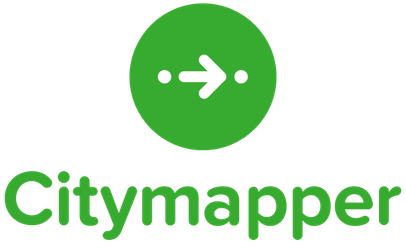Artificial Intelligence for Social Good
Google.org, the charitable arm of tech giant Google, has launched a call for ideas to bring impact out of Artificial Intelligence
Google.org is an arm of Google that aims to support nonprofits through grants and contributing employee volunteer hours. The $25 million pool announced recently aims to support any ideas of situations where AI could be realistically applied. Winning organisations would not only receive funding, but also support in implementing their ideas. This support would be tailored to the organisation and could include coaching from Google employees with expertise or experience in AI, and credit and consulting from Google Cloud.
A wave of ethical ambiguity has recently swept over Silicon Valley, as Google and other tech giants have been faced with scenarios where it is difficult to tell how research in AI may be used in the future. For example, the military have shown interest in artificial intelligence for autonomous weapons, in initiatives such as Project Maven. Facial and image recognition powered by AI may have applications in surveillance.
While these topics are relatively controversial from their very nature, AI has its doubters in other applications as well where human judgement plays an important role. This is because of the nature of AI as a black box that does something the user doesn’t necessarily understand. Biases within the training datasets used may lead to implications in the outputs, and this makes use of AI in law or medicine, for example, worrying to many experts and organisations.
Publishing data and algorithms involved goes a certain distance in addressing this concern, but with recent more powerful machine learning techniques, the inner workings can tend to be spun into a more opaque web that would be impossible to decipher even with transparent data. New methods are being tested and developed for giving some kind of an insight to end users on the workings of these systems.
The AI for Social Good program, announced on Monday, would hope to address these concerns, while not compromising on Google’s commitment to the advancement in use of AI, which it sees itself as having an important role in. As Jeff Dean, the head of Google’s Brain AI division said, “It’s really important for us to show what the potential for AI and machine learning can be, and to lead by example.”









